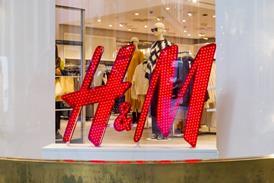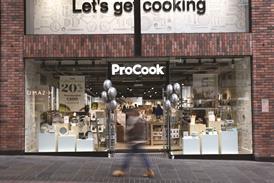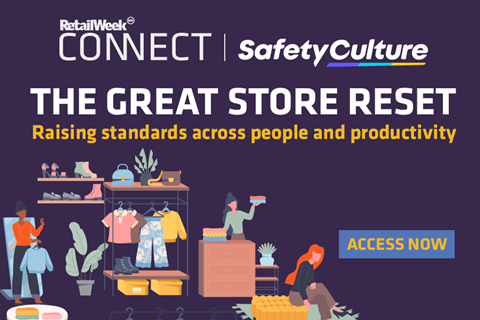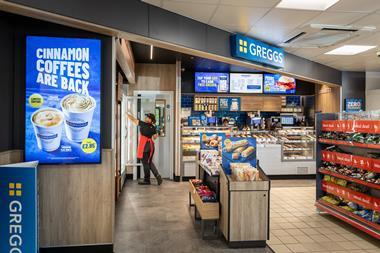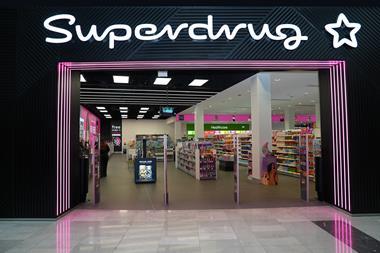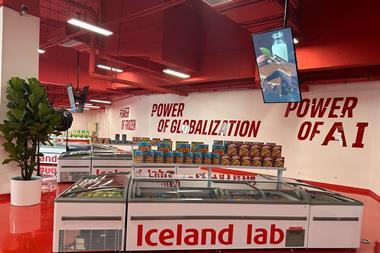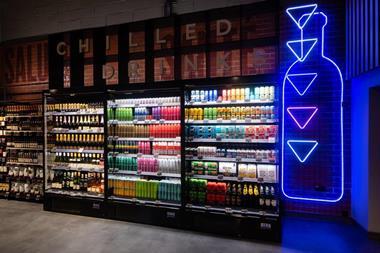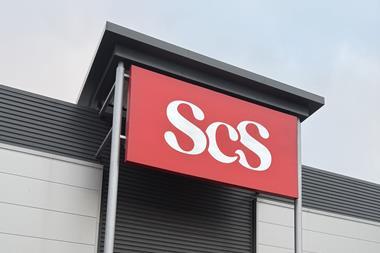PROMOTIONAL RESEARCH
Operational failures are costing retailers a staggering £146bn annually due to inefficiencies – costs retailers can ill afford but easily fix, reveals Retail Week’s new whitepaper. Much of this stems from a disconnect between what store teams need and what they are given
Produced in association with SafetyCulture, The Great Store Reset lays bare the scale of the problem facing retailers and shows how outdated systems and slow responses lead to a drag on morale and service levels.
It highlights that in the UK alone, poor workplace engagement equates to an eye-watering £13.9bn in lost productivity. For retailers these represent millions of lost opportunities to deliver better customer service, retain skilled staff and boost in-store performance. In an environment where every transaction counts and footfall is hard won, the message is clear: excellence in store operations is not a nice to have but a strategic imperative.
What the customer wants

Shoppers have high expectations of in-store experiences – and that frequently involves wanting blended multichannel experiences.
Retail Week research reveals 45% of consumers would like to use a smart fitting room that could give them advice on sizing and personalised recommendations, 36% are in favour of just-walk-out technology, 46% want to be able to use their digital wallet, 72% want to be able to check stock levels online before heading into a shop, and 52% want to use click-and-collect.
These statistics highlight the changing role of the store, the tech requirements within it and the new and varied tasks store associates are being asked to carry out. All of which rely on first-rate systems and communications.
What frontline workers want and what frustrates them
The report also includes SafetyCulture research with 2,023 UK workers from small, medium and large-sized businesses across a range of industries, including retail. Within that sample, 1,212 were frontline workers and 811 in management roles.
It indicates 58% of workers are satisfied with management performance and 55% with the communication they get from them. Explaining their frustrations, 42% cite slow response to resolving issues or risks, 52% believe there is an us-versus-them culture between workers and management, 44% say IT systems are outdated, and 41% say they are not fit for purpose.
As a result of these issues, 52% are less motivated, 41% less productive, and 37% more likely to quit.
What they want is better pay and benefits (54%), recognition for strong performance (50%), and more regular communication for management (46%).
What the industry is doing about it
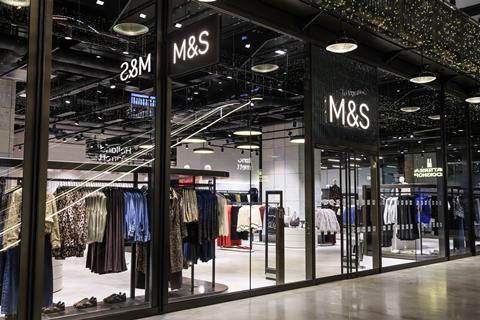
Retailers that are responding decisively are already reaping the rewards. Marks & Spencer has cut £300m in structural costs over three years – more than half of which came from smarter store operations and technology upgrades. It is also investing in network resilience and colleague technology to safeguard performance after a major cyber attack.
Crucially, initiatives like ‘Straight to Stuart’ at M&S and ‘FWD Think’ at Primark show the power of listening to frontline teams. These schemes encourage staff to share practical ideas directly with decision-makers – closing the loop between head office and shop floor.
This is where the future of operational excellence lies: in a culture of accountability, empowerment, and speed. As B&Q’s people director Andy Moat told Retail Week: “The frontline worker is a big part of your brand.”
Engaged employees deliver better customer experiences – and happy customers return.
Retail Week believes the time is right for bold, people-centric strategies that cut through the inertia and deliver tangible gains. The solutions are here. Now is the moment to scale them.
The Great Store Reset provides a powerful, solutions-focused tool to help retail leaders set the right stores strategy. The report details:
- The impact retail crime is having on workers and how retailers such as Asda and Currys are fighting back
- How smart tools build trust – and how retailers such as Co-op Food, Primark and Holland & Barret are investing
- Case studies on how JD Sports, Coles and American Golf have tackled operational inefficiencies to come out on top







